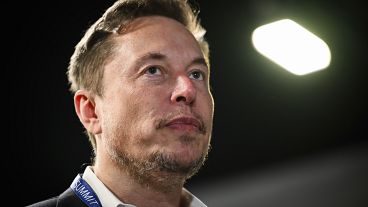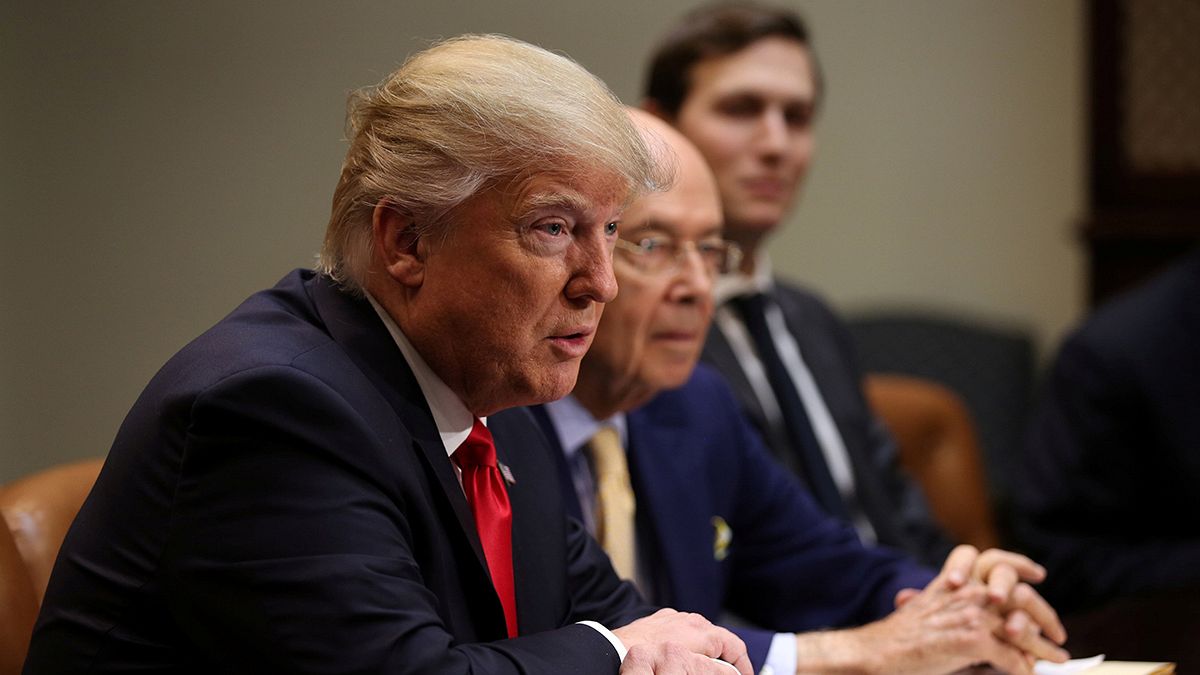Emerging technologies and the global resurgence of populism and nationalism that Trump’s presidency embodies, will not make this process easy. But they also make it more important than ever
By Joakim Reiter,Guillermo Valles
While US President Donald Trump has promised an “America first” approach to economic policy, it is simplistic – even misleading – to describe that approach as merely protectionist. Rather, Trump’s modus operandi is revanchism. As he put it in his Inaugural Address: “We must protect our borders from the ravages of other countries making our products, stealing our companies, and destroying our jobs.”
Trump believes that the global economy is rigged against America, and he wants to change the rules fundamentally. But what revanchism will look like in practice is an open question. During the campaign, Trump said that he would be prepared to impose significant and comprehensive tariffs on imported goods. Frankly, however, this is unlikely to happen. Terminating existing trade agreements, or disregarding the global trade rules that prevent the US from unilaterally raising tariffs, would invite a trade war, which would have immediate and harsh economic consequences. It is hard to believe that the US Congress would allow this.
A more realistic scenario is that the new administration will employ four other instruments.
The first is trade remedies, such as anti-dumping duties, which are generally used to combat unfair trade practices, but can easily be exploited by politicians who seek to blame other countries for their own industries’ lack of competitiveness.
The Trump administration’s extensive leeway to pursue this option does not bode well for global trade. Duty hikes are problematic not just because they can be imposed on questionable grounds; they also tend to trigger domino effects, because other countries – many of which have much practice using and abusing these instruments – will adopt similar measures.
A second instrument at Trump’s disposal is managed trade, which entails cutting deals directly with companies in order to reduce exports to the US, or to cap their market share. Such deal making is usually accompanied by a threat of new barriers if companies do not cooperate.
For example, in the 1980s, the US entered into such agreements with foreign car, microchip, steel, lumber, and machine-tool manufacturers. Some of the conditions imposed then have since been banned by the World Trade Organization. But, just a few years ago, the US auto industry pushed for a requirement in a trade deal that would have granted it a minimum market share of US exports to South Korea. Trump is likely to dust off these tools, and to develop them further. If Trump wants to prevent production from moving overseas and encourage investment from abroad, we may soon see companies pushed to agree “voluntarily” to outsourcing restrictions and localization requirements.
A third instrument is bilateral “grievance” negotiations, whereby the US will compel reciprocity from countries that are seen as piggybacking on American openness. In the 1980s, the US used such bilateral initiatives in an attempt to pry open foreign markets, not least in Japan. The frustration with Japan then has obvious parallels with the new administration’s attitude toward China today. America’s inclination to use its home market as leverage to demand concessions from other countries can be expected to be a prominent feature of bilateral negotiations targeting China. But many other countries, especially those with large trade surpluses with the US, are also likely to be potential targets.
The fourth tool Trump might use is enforcement – either unilaterally, by “shaming” countries that he claims aren’t playing fairly, or through the WTO’s dispute-settlement system. If he pursues the latter option, a sharp increase in the number of disputes could overwhelm the WTO’s “court,” which is already stretched thin. Meanwhile, the US itself could face WTO litigation for Trump’s initiatives. If Trump then refuses to respect the WTO’s rulings, the entire system’s credibility will be in jeopardy.
There will be significant repercussions for the rest of the world if America moves to unravel today’s system of open, rules-based global trade – a system of which the US has been the chief architect. Only if other countries absorb the lessons of previous periods when revanchist trade techniques were used can they preemptively mitigate the effects of Trump’s measures.
For starters, all countries should redouble their efforts to diversify their exports to new markets. There is much untapped potential in regional integration and trade among developing countries. Meanwhile, countries involved in negotiations over the Trans-Pacific Partnership, the Trade in Services Agreement, and the Environmental Goods Agreement should carry those initiatives to completion – with or without the US. That is not just the right thing to do; it makes sense in today’s world, where America’s share of global trade has shrunk considerably.
Second, key trading countries must shoulder more responsibility for the global trading system. China made a display of leadership at the World Economic Forum’s Annual Meeting in Davos this year, but no single country can fill the void. The European Union and other emerging economies also need to step forward, with the goal of forming a North-South alliance of countries willing to defend and promote global trade.
And, third, trading partners must reach a common understanding that they will avoid emulating the US’s revanchist trade measures, lest they cause a global cascade. Contagion is a very real threat to shared prosperity, and a strong, mutual commitment to self-restraint is the only prophylactic against it.
In the long run, piecemeal arrangements with companies – or even for specific products – and unilateral action against countries are no substitute for international principles, rules, and institutions. In fact, a revanchist US trade agenda may have a silver lining. Just as in the 1980s, today’s situation could spur other countries to move forward on global trade rule-making.
Emerging technologies and the global resurgence of populism and nationalism that Trump’s presidency embodies, will not make this process easy. But they also make it more important than ever.
Project Syndicate 2017
Joakim Reiter is former Deputy Secretary General of UNCTAD and a former senior trade official and ambassador to the WTO for Sweden. Guillermo Valles is Director for Trade at UNCTAD and a former vice minister and ambassador to the WTO for Uruguay.
The views expressed in opinion articles published on euronews do not represent our editorial position












